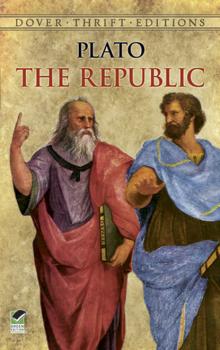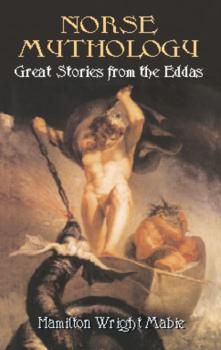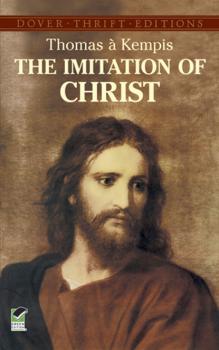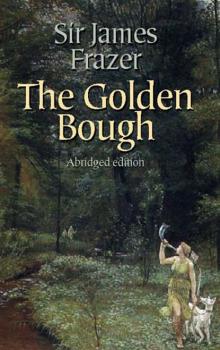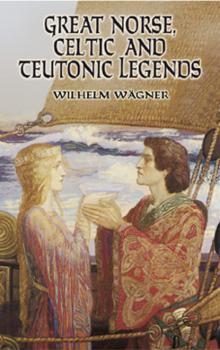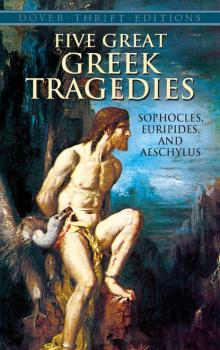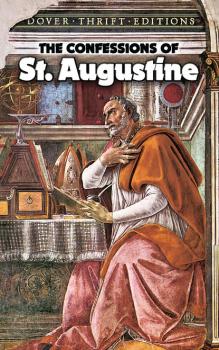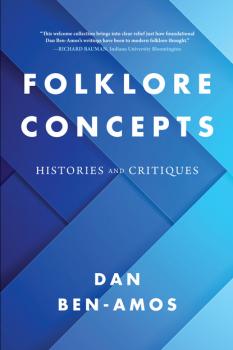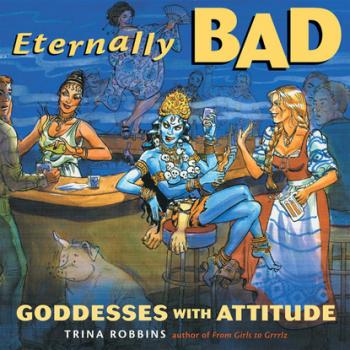Старинная литература: прочее
Различные книги в жанре Старинная литература: прочееThe Republic
Often ranked as the greatest of Plato's many remarkable writings, this celebrated philosophical work of the fourth century B.C. contemplates the elements of an ideal state, serving as the forerunner for such other classics of political thought as Cicero's De Republica, St. Augustine's City of God, and Thomas More's Utopia.Written in the form of a dialog in which Socrates questions his students and fellow citizens, The Republic concerns itself chiefly with the question, «What is justice?» as well as Plato's theory of ideas and his conception of the philosopher's role in society. To explore the latter, he invents the allegory of the cave to illustrate his notion that ordinary men are like prisoners in a cave, observing only the shadows of things, while philosophers are those who venture outside the cave and see things as they really are, and whose task it is to return to the cave and tell the truth about what they have seen. This dynamic metaphor expresses at once the eternal conflict between the world of the senses (the cave) and the world of ideas (the world outside the cave), and the philosopher's role as mediator between the two.High school and college students, as well as lovers of classical literature and philosophy, will welcome this handsome and inexpensive edition of an immortal work. It appears here in the fine translation by the English classicist Benjamin Jowett.
Norse Mythology
Rooted in an oral tradition, fantastic sagas of Norse mythology found their way into print seven centuries ago, in documents known as the Eddas. This book presents 17 of the most popular tales, from the creation of the world to the death of the gods and the world’s destruction.Masterfully retold, the legends include Odin's trip to Mimer in search of knowledge, the making of Thor's hammer, the loss of Idun's wondrous apples, and the task of securing the dreaded Fenris-wolf with unbreakable silken twine devised from «the sound of a cat’s footsteps, the roots of the mountains, the breath of a fish, and the sinew of a bear.» Here, too, are accounts of «The Wooing of Gerd,» «Thor Goes a Fishing,» «The Death of Balder,» «How Loki Was Punished,» «The Twilight of the Gods,» and «The New Earth.»
The Imitation of Christ
This classic of Christian devotional literature has brought understanding and comfort to millions for centuries. Both Protestants and Catholics — as well as mystics and historians of religious thought — have studied these meditations on the life and teachings of Jesus, finding in them a path to prayer and spiritual guidance. Written in a candid and conversational style, The Imitation of Christ discusses liberation from worldly inclinations, recollection as a preparation for prayer, the consolations of prayer, and the place of eucharistic communion in a devout life. With its simple, readable text, this translation will appeal to new readers as well as to those already familiar with this religious classic.
The Golden Bough
A certain sacred tree was forbidden to the touch, save only for runaway slaves: if the slave could break off a branch — The Golden Bough — he could challenge the tree's attendant priest to mortal combat. If victorious, the slave would replace the priest as King of the Woods — until his lethal defeat by another bearer of The Golden Bough. Sir James George Frazer, an expert in myth and religion, was so intrigued by this tale from classical mythology that he spent more than a quarter-century investigating its genesis. His 1890 study of the cults, rites, and myths of antiquity, The Golden Bough, offers a monumental exploration of these customs and their parallels with early Christianity. A pioneer of social anthropology, Frazer's definitions of such terms as «magic,» «religion,» and «science» proved highly useful to his successors in the field, and his explications of the ancient legends profoundly influenced generations of prominent psychologists, writers, and poets. This abridgment of his multivolume magnum opus omits footnotes and occasionally condenses text; nevertheless, as the author himself observed, all of the original work's main principles remain intact, along with ample illustrative examples.
Great Norse, Celtic and Teutonic Legends
Captivating collection of legends and romances encompasses the principal hero-lays of the great epic cycles of the Teutonic Middle Ages — Hegeling and Nibelung legends, Beowulf, Knights of the Round Table, the Rhine legend of Lohengrin, and many more. Inspiring reading, both in and out of the classroom.
Five Great Greek Tragedies
This remarkably low-priced anthology brings together five of the greatest, most studied, and most performed Greek tragedies, each in an outstanding translation:• Oedipus Rex and Electra by Sophocles (translated by George Young), in which the much-admired playwright explores the individual's search for truth and self-knowledge• Medea and Bacchae by Euripides (translated by Henry Hart Milman), favorites with modern audiences for their psychological subtlety and the humanity of their characters• Prometheus Bound by Aeschylus (translated by George Thomson), a monumental work that examines relations between humans and the godsThese masterpieces of world literature represent the very apex of Greek drama and are essential for both the home library and the classroom.
The Confessions of St. Augustine
More than an autobiography, The Confessions of St. Augustine is one of the most influential religious books in the Christian tradition. A great work of Western literature, it recalls crucial events and episodes in the author's life, in particular, life with his devoutly Christian mother and his origins in rural Algeria in the mid-fourth century A.D.; the rise to a lavish life at the imperial court in Milan; his struggle with sexual desires; eventual renunciation of secular ambitions and marriage; and recovery of his Catholic faith.This intensely personal narrative — among the first in which self-analysis was used to describe spiritual and emotional experiences — provides a detailed, classic recounting of one man's internal struggles and religious conversion. The book will be useful to anyone interested in the impact made by one of the foremost leaders in the development of Christian thought.
The Nuosu Book of Origins
The Nuosu people, who were once overlords of vast tracts of farmland and forest in the uplands of southern Sichuan and neighboring provinces, are the largest division of the Yi ethnic group in southwest China. Their creation epic plots the origins of the cosmos, the sky and earth, and the living beings of land and water. This translation is a rare example in English of Indigenous ethnic literature from China.Transmitted in oral and written forms for centuries among the Nuosu, The Book of Origins is performed by bimo priests and other tradition-bearers. Poetic in form, the narrative provides insights into how a clan- and caste-based society organizes itself, dictates ethics, relates to other ethnic groups, and adapts to a harsh environment. A comprehensive introduction to the translation describes the land and people, summarizes the work’s themes, and discusses the significance of The Book of Origins for the understanding of folk epics, ethnoecology, and ethnic relations.
Folklore Concepts
By defining folklore as artistic communication in small groups, Dan Ben-Amos led the discipline of Folklore in new directions. In Folklore Concepts , Henry Glassie and Elliott Oring have curated a selection of Ben-Amos's groundbreaking essays that explore folklore as a category in cultural communication and as a subject of scholarly research. Ben-Amos's work is well-known for sparking lively debate that often centers on why his definition intrinsically acknowledges tradition rather than expresses its connection forthright. Without tradition among people, there would be no art or communication, and tradition cannot accomplish anything on its own—only people can. Ben-Amos's focus on creative communication in communities is woven into the themes of the theoretical essays in this volume, through which he advocates for a better future for folklore scholarship. Folklore Concepts traces Ben-Amos's consistent efforts over the span of his career to review and critique the definitions, concepts, and practices of Folklore in order to build the field's intellectual history. In examining this history, Folklore Concepts answers foundational questions about what folklorists are doing, how they are doing it, and why.
Eternally Bad
Eternally Bad is a wickedly fun, irreverent tribute to mythological «bad girl» goddesses from around the world. Trina Robbins, one the most famous feminist cartoonists of our time, takes off the white gloves and relates the tales of twenty nasty, bitchy, totally amusing and utterly enjoyable goddesses. The earliest proponents of sexual equality, they slip mickeys into drinks, sleep with dwarves, have catfights with their sisters, get even when they get dumped, fight, kill, and generally have a great time.
